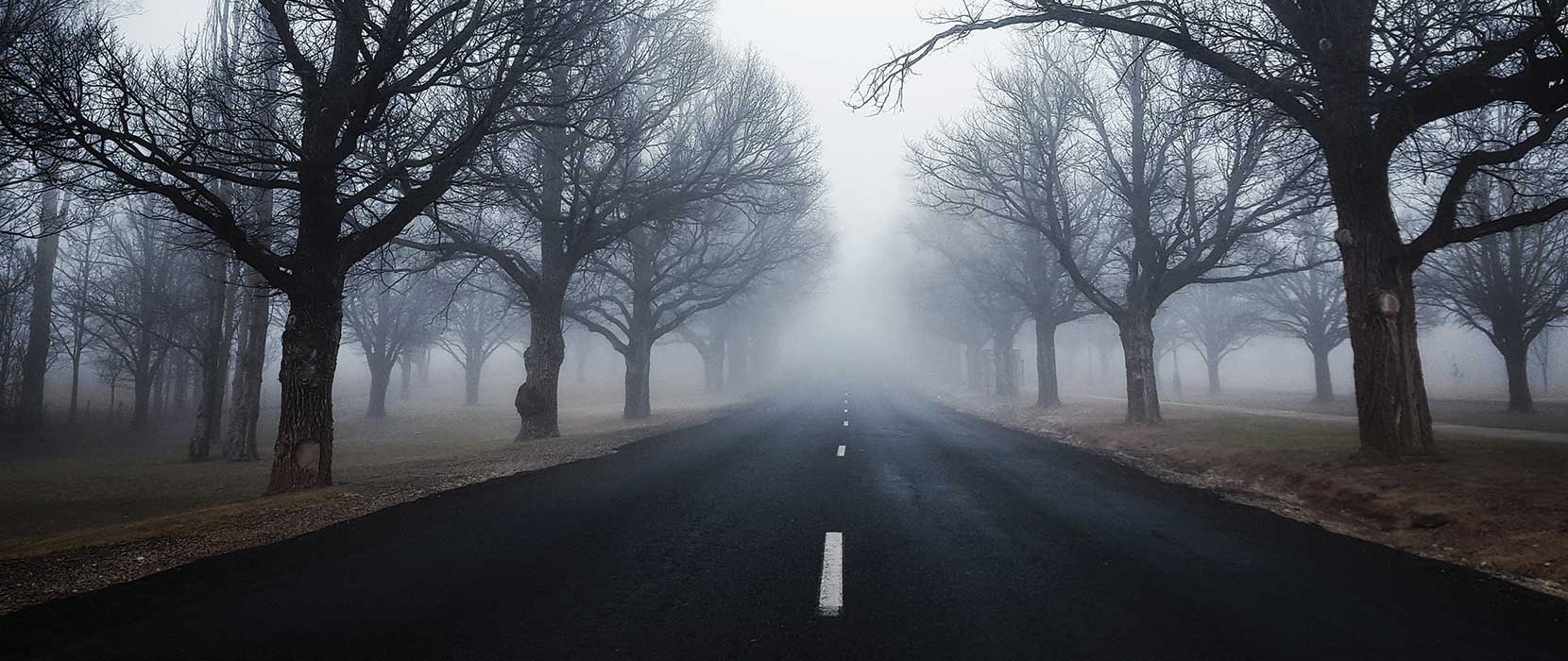The dumbing down of Aboriginal achievements by the coloniser had made Aboriginal people look to be stone-aged, and without understanding, when in fact we knew more about our country and star systems than any academics ever could.
Victor Briggs
Victor Briggs, a Gumbayngirr/Gamilaroi man born in Gamilaroi country, finished his 2018 Masters of Philosophy at UNE with a reflection on the impact of research upon his journey as an Aboriginal man. Victor’s Masters research project was called ‘Canoeing Ancient Songlines’, in which he argued successfully that Aboriginal Peoples were ocean-going sailors who journeyed across the South Pacific.
Victor is from northern NSW, and he had never sailed to distant islands, gone deep-sea fishing or snorkelled in the reefs and shallows, let alone with spears and waddies. The research took him into unknown territory, but he felt that his lack of experience was compensated for by a strong sense of spiritual direction and by the spiritual gift that was received through the research. While doing the research, Victor had wayfinding dreams, and met new and interesting people at the right times for the work. Friends, both black and white, were able to support his research, and gave him the incentive to dig deeper, to find out more. In particular, Victor says, ‘dreams, given from his ancestors, led him to closely examine the links between the Torres Strait, Papua New Guinea, and Australia.’ These dreams connected a Crocodile Dreaming story that he discovered in the archives in Canberra, to a shared history between Aboriginal Peoples, Torres Strait Islander Peoples, and Papua New Guinean Peoples, and showed him that they shared a mighty spiritual past. The Crocodile story was a Creation story from Papua New Guinea, and it connected the histories of these areas with kinship systems, religious beliefs, and deep cultural understandings of country. Victor felt guided to find this story and this, along with family links to the Torres Strait, made him want to find out more. ‘Every time I entered a library or museum,’ Victor said, ‘I was on a mission.’
Discovering the truth of Indigenous seafaring feats, Victor found himself changing a lot, and he felt that this was a cultural change, as an Aboriginal person. His research allowed him to begin to understand ecology, and that everything has its natural place in the world. He became more aware of how all the plants and animals have their unique place together in forming a diversity that contributes to sustaining the world that we live in. Victor came to realise that he was ‘just a part of the furniture; I play my part by coming into the world, and I when I leave it, hopefully I have changed it a little for the betterment of all.’ In researching and writing this story, Victor felt he had played a part, and made things better for the generations after him. In particular, the research inspired him to learn the Gumbaynggirr language of his grandfather, because it was through the language that Aboriginal Peoples understand the environment and how it works. The trees, the rivers, creeks and estuaries, mountains, hills, ravines and valleys all play a part in Aboriginal culture, and naming these in language enabled him to grow more as an Aboriginal man. Learning about ecology helped him understand how Indigenous Peoples relate to their own countries. Learning about Gumbaynggirr kinship systems showed him how his people on the eastern seaboard had ways of knowing who they could and could not marry. It helped him gain insight into the kinship networks in northern Australia. Victor realised how sophisticated Aboriginal Peoples were, all over Australia; a truly unique culture. ‘The dumbing down of Aboriginal achievements by the coloniser,’ Victor says, ‘had made Aboriginal people look to be stone-aged, and without understanding, when in fact we knew more about our country and star systems then any academics ever could.’ It is a beautiful thing to see how these work.


